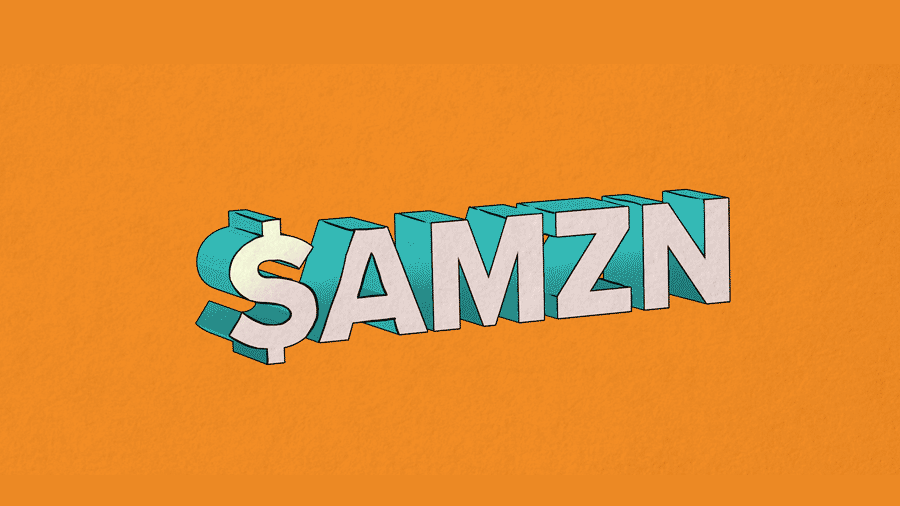Roughly one month after Apple became the first publicly traded company to be valued at $1 trillion, Amazon joined the thirteen-figure club as well.
Follow Crunchbase News on Twitter
According to Reuters, Amazon shares hit the magic price of $2,050.2677, putting the company at a market capitalization of $1 trillion.
Although there is really nothing special about a $1 trillion valuation, especially considering another company got there first, today’s news serves to highlight both Amazon’s meteoric growth and the concentration of economic power in tech’s biggest companies.
The Rise And Rise Of Amazon
For being such a large company, Amazon grows fast. According to data aggregated by Yahoo Finance, the price of Amazon shares approximately doubled over the last year.
The Wall Street Journal reports that the stock’s 75 percent surge in 2018 alone, which “added more than $435 billion to [Amazon’s] market capitalization,” is roughly equal to the combined size of Walmart, Costco, and Target—three of Amazon’s biggest competitors.
The Reuters report remarks that Amazon “crossed the $2,000 threshold for the first time on Aug. 30 after doubling its price in just 10 months.”
What’s driven this price appreciation? In short, growth in both the scope and scale of Amazon’s businesses. Here are some highlights from the past eighteen months or so:
- In March 2017, Amazon acquired Souq.com, its principal Middle Eastern competitor, for $580 million amid its international expansion.
- In June 2017, Amazon surprised everyone when it acquired Whole Foods Market for $13.7 billion. The acquisition helped Amazon grow its grocery supply chain capabilities and instantly gave the online retail giant a brick-and-mortar footprint.
- Amazon expanded its smart home electronics offerings by acquiring Blink (a maker of wifi-connected home security cameras) in December 2017. It then acquired smart doorbell and camera maker Ring two months later. This helped Amazon seize upon a market opportunity left open by Alphabet-owned Nest Labs. It also opens up the possibility for Amazon to integrate its delivery and other home services into consumers’ routines.
- Most recently, Amazon dealt a blow to the traditional pharmacy business when it acquired Boston-based PillPack for $1 billion in June. According to CNBC coverage from the time, Rite Aid, Walgreens Boots Alliance, and CVS Health “collectively lost approximately $11 billion in market value” on the day Amazon announced the PillPack deal. CNBC noted that “Amazon shares rose nearly 2.5 percent, adding more than $19.8 billion in market value” on that day.
And that’s just the story told by Amazon’s recent acquisitions.
This doesn’t take into account Amazon’s intention to open a second headquarters, a flirtation with entering the online advertising business, the ongoing push into voice-first interfaces, and an effort to build out its logistics capabilities in-house, among other initiatives at the company.
Tech Titans’ Towering Trillions
Of course, Amazon is not the only big tech company to grow bigger faster recently. Amid a stock market rally and a record level of share buybacks, tech’s big five—Alphabet, Amazon, Apple, Facebook, and Microsoft—expanded together.
For perspective, fourteen months ago, Crunchbase News found that the big five were collectively valued at $3 trillion. Today, they collectively account for approximately $4.3 trillion, and two of them are valued at approximately $1 trillion or more.
As any good high school physics student will tell you, with greater mass comes greater inertia. Much like with a snowball rolling down the side of a hill, these companies are harder to catch up with the further they go. But if the status quo is somehow upended, they may be among the least able to change course.
Illustration: Li-Anne Dias

Stay up to date with recent funding rounds, acquisitions, and more with the Crunchbase Daily.


![Illustration of a guy watering plants with a blocked hose - Global [Dom Guzman]](https://news.crunchbase.com/wp-content/uploads/quarterly-global-3-300x168.jpg)
67.1K Followers